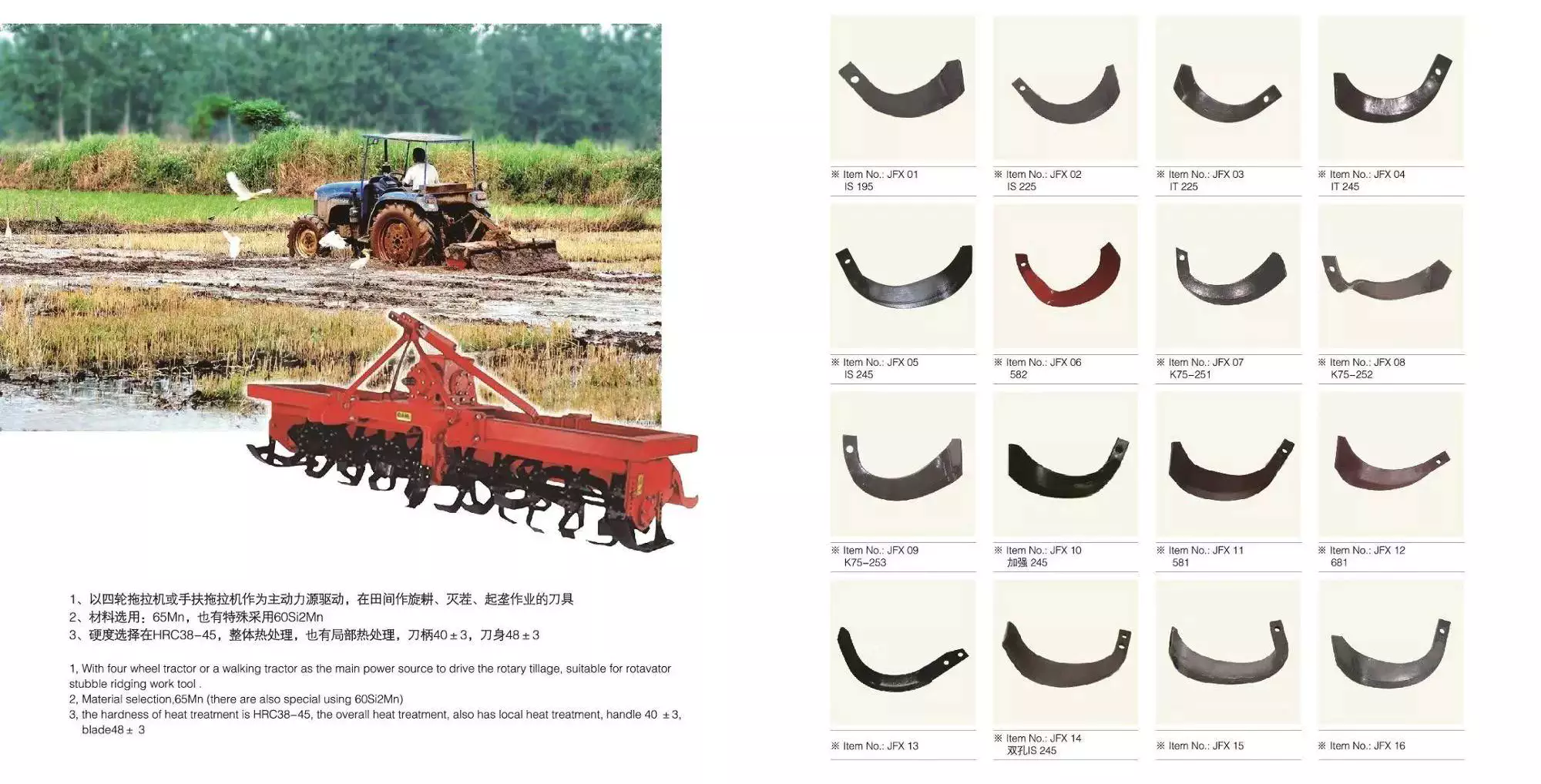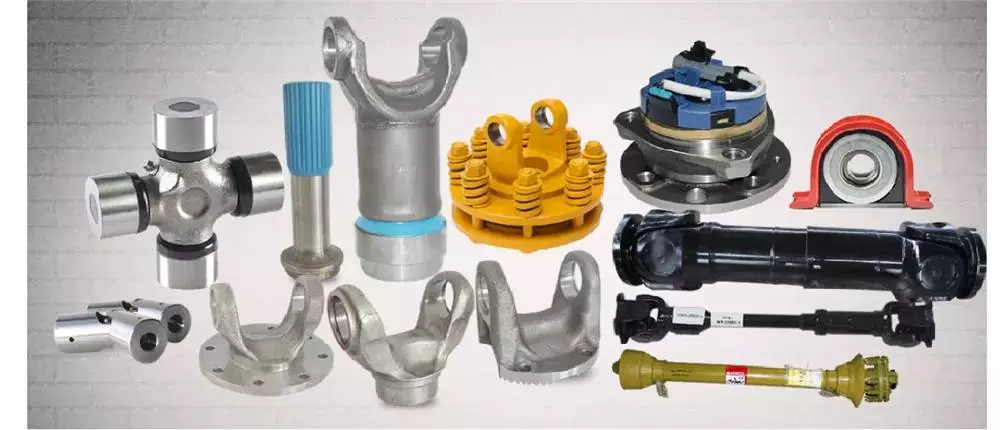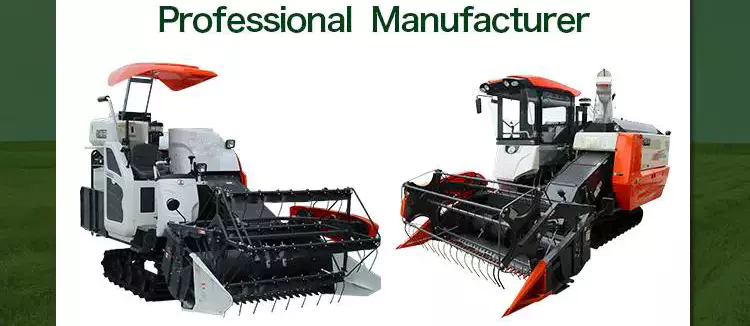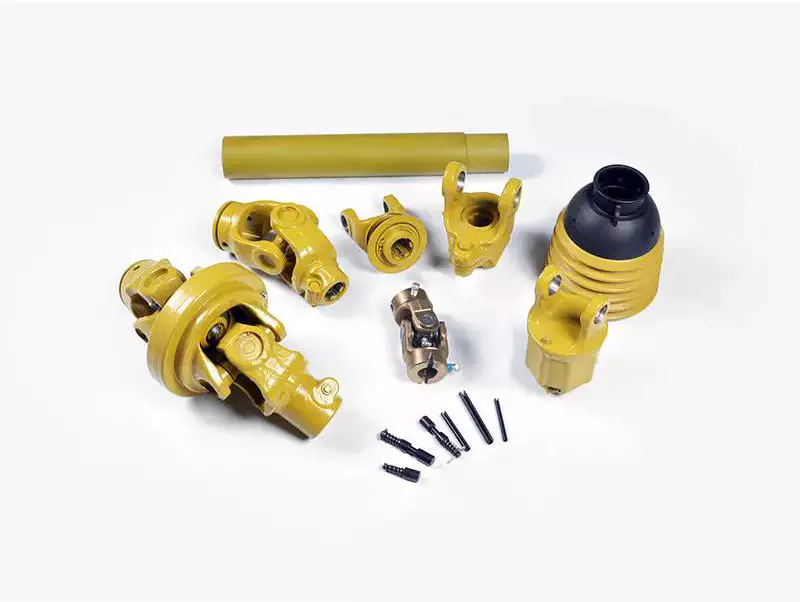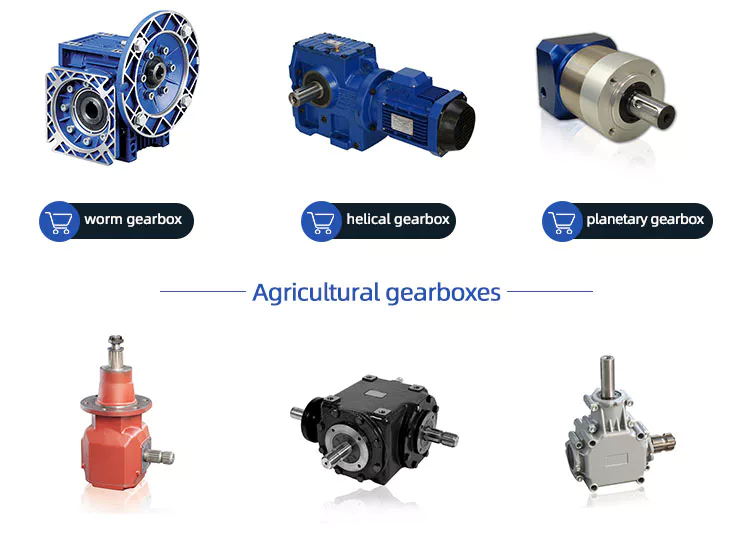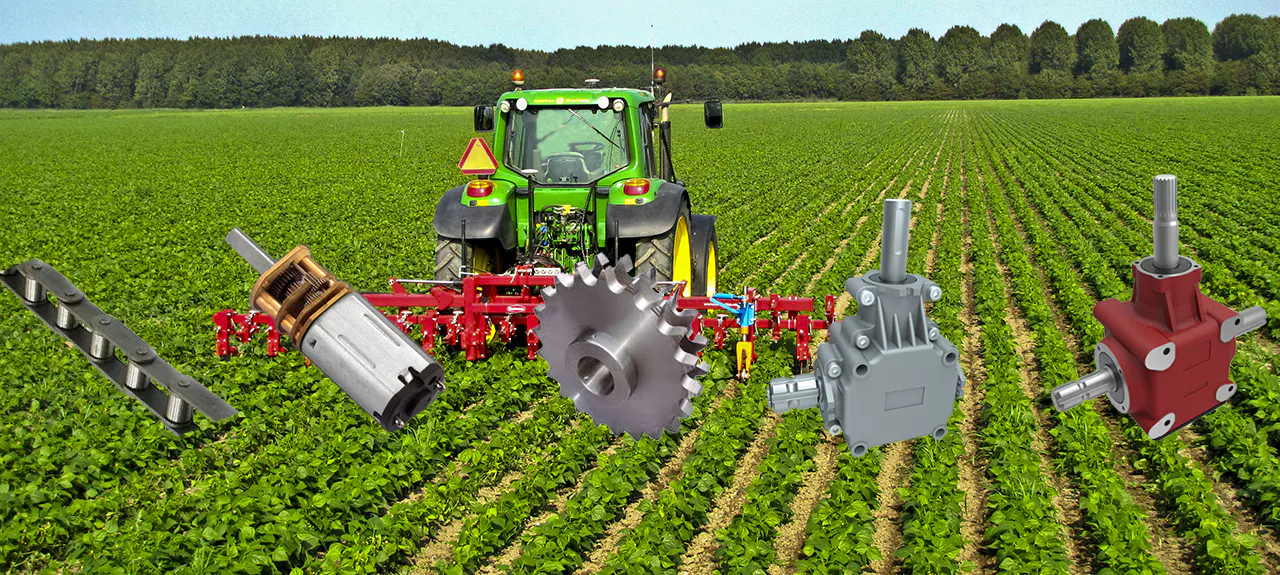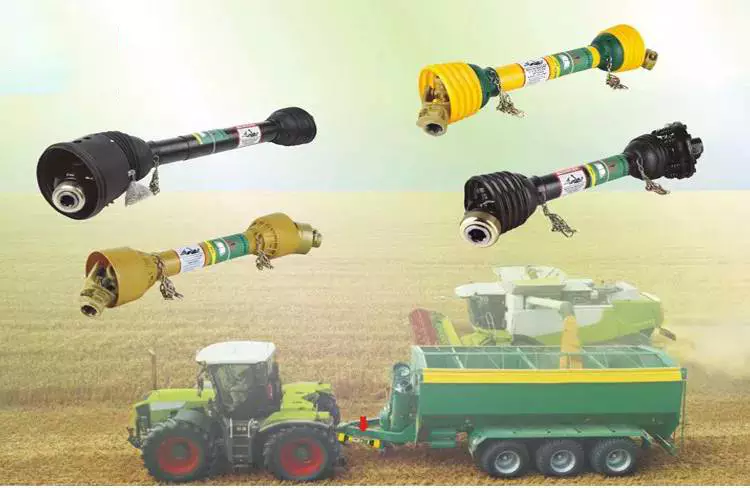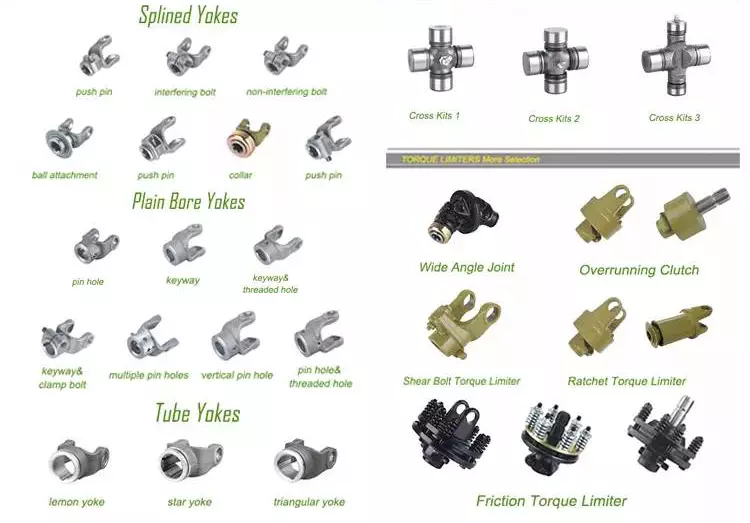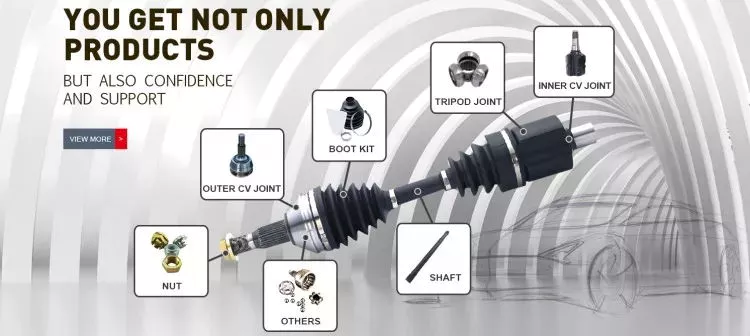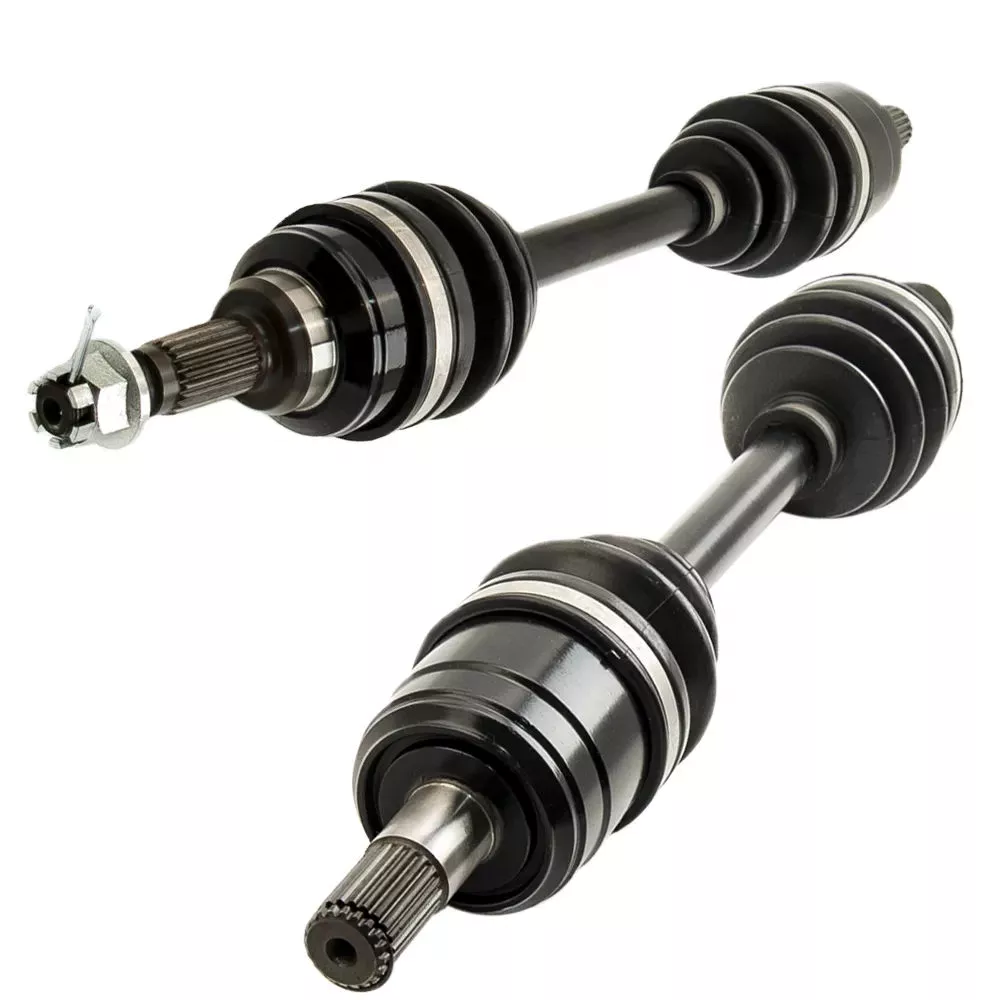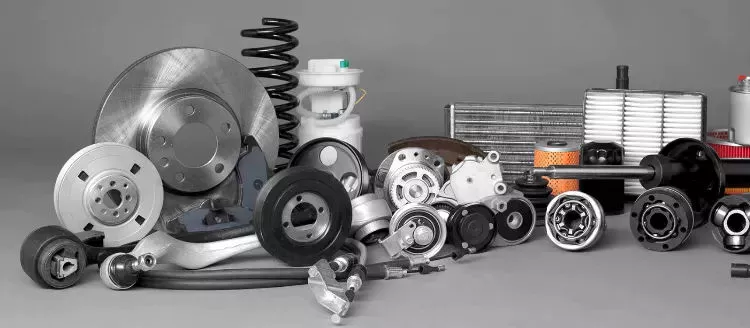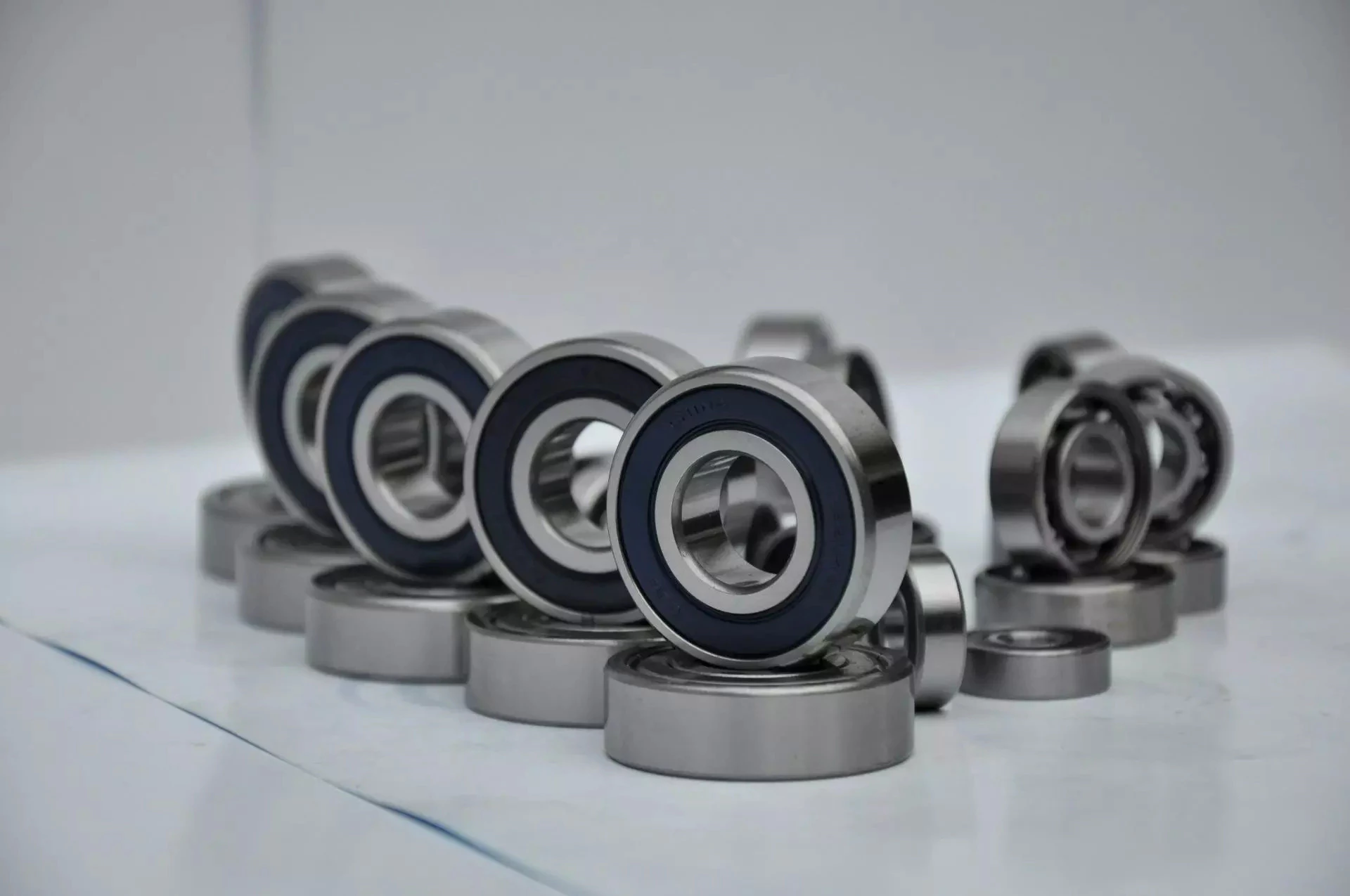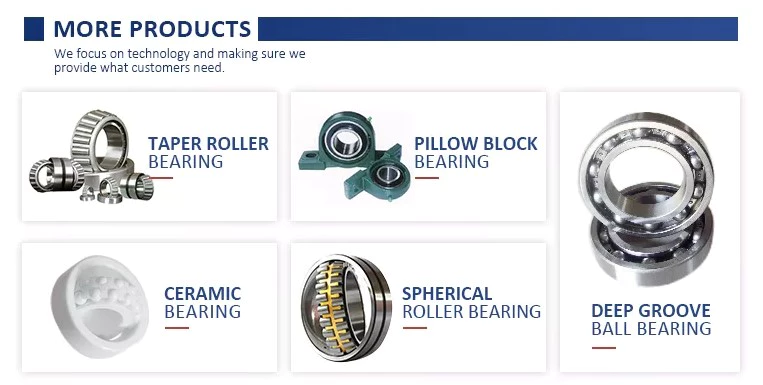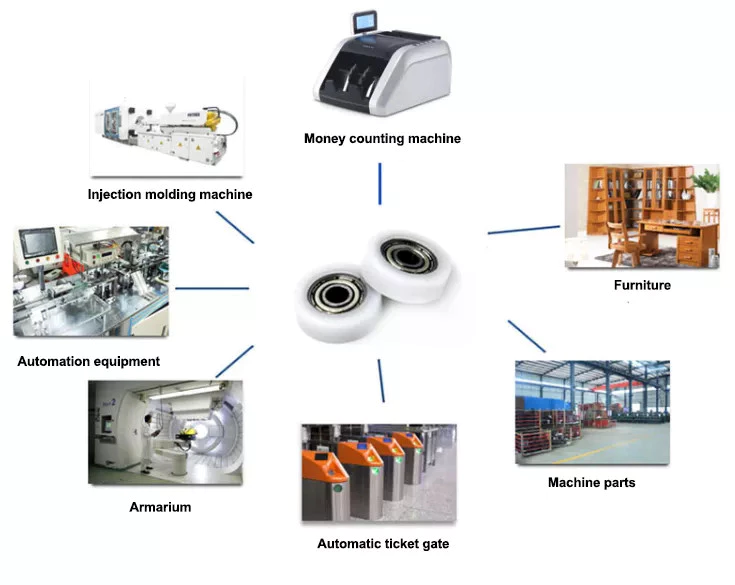Solution Description
Product Identify: Steel casting / Mining Equipment Elements
Supplies: Carbon steels, alloy steels, stainless steels, Grey iron, Dutile iron, Chrome iron / resistent iron
Products: FOB NingBo or ZheJiang
Direct time: thirty days
Place of Origin: HangZhou, China
Software program for specification drawings: PDF, Vehicle CAD, Reliable work, JPG, ProE
Principal creation equipments: Wax injection, CNC-machine, equipment-heart, Heat therapy Furnace
1. We can do diverse kinds of surface area treatment right after casting, this sort of as machining, sharpening, and plating
2. We make them by precision casting, expense casting and steel sand casting process in HangZhou, China
3. They are employing for Mining Equipments, Development equipments, Agriculture Equipments
four. Certification method: ISO 9001 Registed Rigorous materials inspection Precise dimension management one hundred% quality control
5. Inspection Products: Spectrograph, Tensile Toughness Take a look at Equipment, Influence Test Device, Rockwell Hardness Tester, Brinell hardness Tester, Leeb Hardness Tester, CZPT Hardness Tester, HX-MIAS, Magnetic Defect Detector, Ultrasonic Flaw Detector, X-Ray Check.
6. Machining Gear: 3150Ton hydraulic device, 1Ton&2Ton & 5Ton& 8Ton Fall forging, CNC Machining Store, Lathe, Milling Machine, Drilling Device, Dull Lathe, Grinding Machine, Warmth Treatment method Furnaces.
seven. Dimension Inspection: Calipers, Height Gauge, Micrometer Calipers, Within Caliper Gauge, Angle and R Gauge, 3 coordinates measuring instrument.
8. Packing: Wooden Carton, Cardboard carton, or in accordance to customers’ specifications.
9. Surface area Warmth Therapy: Quenching, Oil Quenching, H2o Quenching, Normalizing, Temper, Annealing, etc
10. Annual Output: 8000-ten thousand Ton
eleven. Export Marketplaces: Australia Metal Casting / Mining Machinery Parts, America, United States. U. S. A. Steel Casting / Mining Equipment Components Canada Metal Casting / Mining Equipment Elements U. K. England, Britain Metal Casting / Mining Equipment Components, Germany Steel Casting / Mining Equipment Elements, France Steel Casting / Mining Equipment Elements, Espana, Spain Metal Casting / Mining Equipment Parts, South Africa Metal Casting / Mining Equipment Parts Sweden Steel Casting / Mining Equipment Components Finland Steel Casting / Mining Machinery Elements Belgium Steel Casting / Mining Machinery Elements Romania Steel Casting / Mining Equipment Areas Russia Metal Casting / Mining Machinery Elements Brazil Metal Casting / Mining Equipment Components Argentina Steel Casting / Mining Equipment Elements.
12. Provider: China HangZhou Steel Casting / Mining Equipment Components factory China HangZhou Steel Casting / Mining Machinery Areas firm China HangZhou Metal Casting / Mining Equipment Components co., ltd China HangZhou Metal Casting / Mining Equipment Areas inc China HangZhou Metal Casting / Mining Machinery Areas company China HangZhou Steel Casting / Mining Equipment Components maker China HangZhou Metal Casting / Mining Machinery Areas foundry Steel Casting / Mining Machinery Parts Provider China HangZhou Metal Casting / Mining Equipment Elements
13. If you are fascinated in our goods, please do not be reluctant to contact us.
fourteen. Nord Engineering Machinery Co., Ltd is a very very good Metal Casting / Mining Machinery Elements supplyer, who can make all varieties of Steel Casting / Mining Machinery Areas according to your drawings or samples. We has been engaged in producing Steel Casting / Mining Machinery Elements for many a long time. Our purpose is to offer fantastic prices on good quality objects although providing exceptional provider to our clients. We promote Steel Casting / Mining Machinery Components to all more than the world, our customers are usually happy with Steel Casting / Mining Equipment Parts quality. Substantial manufacturing rate assure lower generation cost. No make a difference what variety of Steel Casting / Mining Equipment Components you require, just speak to us, we can estimate a favorable price tag for you. Do not hesitate, let us place our skills to function for you.
|
US $10 / Piece | |
1 Piece (Min. Order) |
###
| Casting Method: | Special Casting |
|---|---|
| Casting Form Material: | Metal |
| Casting Metal: | Cast Steel |
| Casting Form Usage Count: | Permanent |
| Surface Treatment: | Electroplating |
| Surface Roughness: | Ra3.2 |
###
| Samples: |
US$ 1/Piece
1 Piece(Min.Order) |
|---|
|
US $10 / Piece | |
1 Piece (Min. Order) |
###
| Casting Method: | Special Casting |
|---|---|
| Casting Form Material: | Metal |
| Casting Metal: | Cast Steel |
| Casting Form Usage Count: | Permanent |
| Surface Treatment: | Electroplating |
| Surface Roughness: | Ra3.2 |
###
| Samples: |
US$ 1/Piece
1 Piece(Min.Order) |
|---|
Preventative Maintenance on Tractor Parts
You should not take your tractor out of commission by replacing the parts that are not working properly. You should be proactive about maintaining your tractor parts to ensure that they work well and are of the highest quality. You should also check if the company is 10 years old or more, as this will ensure that they have enough experience to handle warranty issues and any other problems. Lastly, you should check if the tractor parts company has a good reputation. Having a long standing company that is available around the clock is a plus.
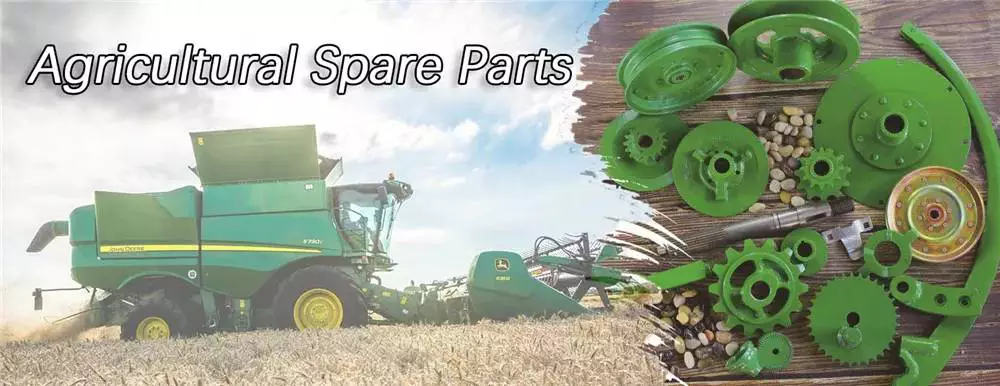
Preventative maintenance of tractor parts
Performing preventative maintenance on tractor parts will help you avoid unexpected breakdowns and enhance its efficiency. Whether you’re the sole owner of a tractor or a part-owner, you should know which parts you need and where to find them. Having spares available is also important, as they can help you solve problems quickly. Listed below are some of the parts you need to know about. These components are essential for your tractor’s engine.
To maintain your tractor’s internal components, check for wear. Lubricate internal parts regularly to reduce friction. When possible, bring your tractor to a dealer for a thorough inspection. Additionally, remember to keep the tractor’s air filter clean. Dust in the air strains the tractor’s engine, and a dirty air filter can cause a lot of damage. By following the manufacturer’s instructions for proper maintenance, you can avoid costly repairs down the road.
For oil changes, check the owner’s manual for recommended oil change intervals. Make notes in the manual about the parts you’ll need. You can also refer to the manufacturer’s PM checklist. Depending on the type of tractor you own, you may need to change the oil once a year or more often. To keep your tractor running optimally, drain old oil after every use. The same goes for hydraulic fluid. Over time, it can become contaminated with particles and water. Therefore, it’s best to change it every year.
Modern tractors use a cooling system with fans and radiators. This system operates in varying temperatures and if it breaks down, you risk damaging the engine’s core parts. In addition, you should store your tractor’s battery under climate control. A battery maintainer can be purchased at any auto parts store. It’s a great idea to regularly inspect your tractor’s engine for problems as early as possible.
Types of tractor clutches
In a modern tractor, there are many types of transmission systems, and this article compares the pros and cons of each type. The original drive system of tractors relied on a clutch to change gears and range and engage/disengage the PTO drive. The clutch was usually a two-stage design; a full depression disengaged all drive systems while a partial depression only disengaged the gearbox. Today, these systems are independent.
The friction plate is a steel plate with a splined central hub. It features annular friction facings and is held between the flywheel and pressure plate. It has splines that limit its axial travel along the gearbox’s driving shaft and dampen torsional vibrations. Single-plate clutches are most commonly used in heavy agricultural equipment. While they were initially developed as a cost-effective alternative to drum brakes, they quickly gained popularity due to their low price and ease of use.
Another type of tractor clutch is the wrap-spring. These use a special cast-iron spring. This spring is able to transmit torque to the driven plate when the tractor is operating at normal engine speed, while the clutch springs help transmit torque to the driven plate when the engine is running at high engine speeds. The wrap-spring clutches must be lubricated with light oil and should be checked for deterioration after a few years.
The advantages and disadvantages of these types of clutches are explained briefly. They are generally made from high-quality materials and contain a high copper content. They have high-friction properties and can transfer heat effectively to the engine. The friction coefficient of these types of clutches ranges from 0.33 to 0.4. As a result, they are the best choice for intensive applications. In conclusion, there are many advantages and disadvantages of each type of tractor clutch.

Types of tractor transmission gears
There are several different types of tractor transmission gear. One of the most common is hydrostatic. A hydrostatic transmission works like a standard manual transmission, and operates with a pedal. To operate a hydrostatic transmission, you simply select the gear and engine speed you want, push the pedal, and the hydraulic oil turns the gears. Because this type of transmission is clutchless, it provides smooth forward/backward operation without the need for a manual shifter.
Tractor transmissions come in several types and have different features. Some of these systems are better for certain types of work than others, and you’ll find different types depending on the size and type of your tractor. Many tractors have two types of transmissions: geared speed and power shift. Each type offers different benefits, and they vary in cost and ease of use. There’s a geared speed transmission, a synchromesh transmission, and a power shift transmission.
A CVT (continuously variable transmission) is another popular option. Like hydro, CVTs use a belt to transfer power from the engine to the wheels. These tractors can shift gears with little effort. These tractors can reach up to four speeds without the need for a clutch. Powershift transmissions are simpler and more durable than CVTs. They’re also easier to repair. But a CVT may be the better choice for your farm tractor.
Hydrostatic and power shuttle transmissions allow you to shift gears and direction without the use of a clutch. Hydrostatic transmissions are usually hydraulically actuated, which makes it easy to change gears without using the clutch. Similarly, power shuttle transmissions are great for heavy-duty forward-and-reverse shifting. In either case, the clutches are hydraulically actuated and bathed in oil.
Types of CZPT fittings
In a nutshell, there are two types of CZPT fittings: standard and grease-fill. Standard CZPTs have three to four pumps of grease per fitting. Grease-filled CZPTs tend to attract dirt, dust, and sand, which can damage moving parts. Keeping these parts clean is crucial to their long-term performance. Using a rag to wipe off excess grease is an excellent way to ensure that the seals remain as sealed as possible.
There are different types of grease-filling tools available. Some are specifically designed to clear blocked CZPTs. These tools are used to fill the CZPT fitting with grease or diesel fuel and hit the fitting with a hammer. Be sure to use high-quality fitting rejuvenators, as cheap ones are less effective. These are also harder to find than grease-filling tools. To avoid these issues, use the proper tools when servicing your tractor.
CZPT fittings are used for many different kinds of tractor parts. You may find them on lawn equipment, construction equipment, and farming equipment. If you are unsure of what type your equipment has, ask your local CZPT dealer or visit one of their 17,000 CZPT AutoCare locations. Don’t forget to regularly grease these parts for the best performance. When you don’t have time to do so, they can lead to costly repairs.
Standard CZPTs feature a dome-shaped nipple that makes it easy to spot. Flow-stop fittings feature a ball check valve that reduces backflow during lubrication. Drive-type CZPTs feature a special coupler with a cross-pin to provide a positive lock. This type of grease CZPT eliminates the need for tapping during servicing.
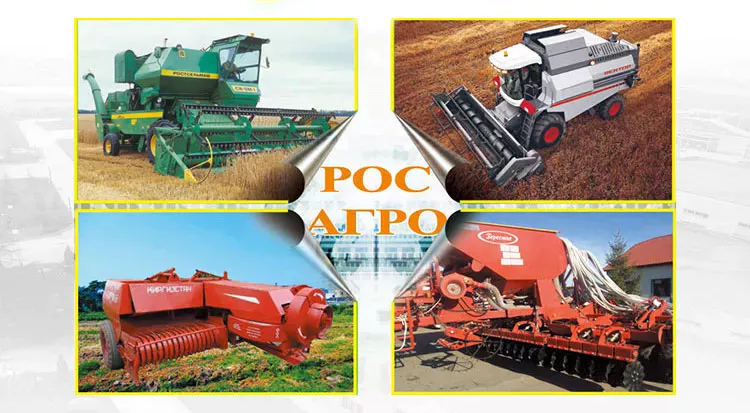
Preventative maintenance of tractor’s CZPT fittings
Proper grease application and regular inspections are important parts of CZPT fittings. If a CZPT becomes stuck in an opening, the ball may not be able to come out. Lubrication around CZPTs is important as grease can damage the components and cause bigger problems. A tractor’s CZPT fittings are part of the tractor’s electrical system, so it is important to replace them when they become damaged.
Grease CZPTs allow the addition of grease at the manufacturer’s specifications. These fittings consist of a spring and metal ball inside a nipple. The grease gun compresses the spring and releases the ball from the nipple opening. Grease CZPTs are essential parts of heavy equipment, as a failed grease CZPT may cause brake failures and other systems to fail. Failure to maintain these fittings can cause rollover accidents.
Greasing the CZPTs is a vital part of regular tractor maintenance. Greasing the CZPTs will prevent your tractor’s bearings from sticking and make your work easier. Grease the CZPTs on pivot points and joints to keep them lubricated and running smoothly. For easy grease application, consider using a battery-powered grease gun. Once you have lubricated the CZPTs, you can move on to other parts of the tractor.
In addition to grease, you should check for leaks on your tractor’s CZPTs regularly. If you notice dirt buildup, there might be a leak. You can also check for any worn hoses to avoid major problems. If there is a leak, tighten the fittings and replace worn ones as soon as possible to avoid further damage. By performing these tasks regularly, you can increase the efficiency of your tractor and avoid unexpected breakdowns.


editor by czh 2022-12-17
